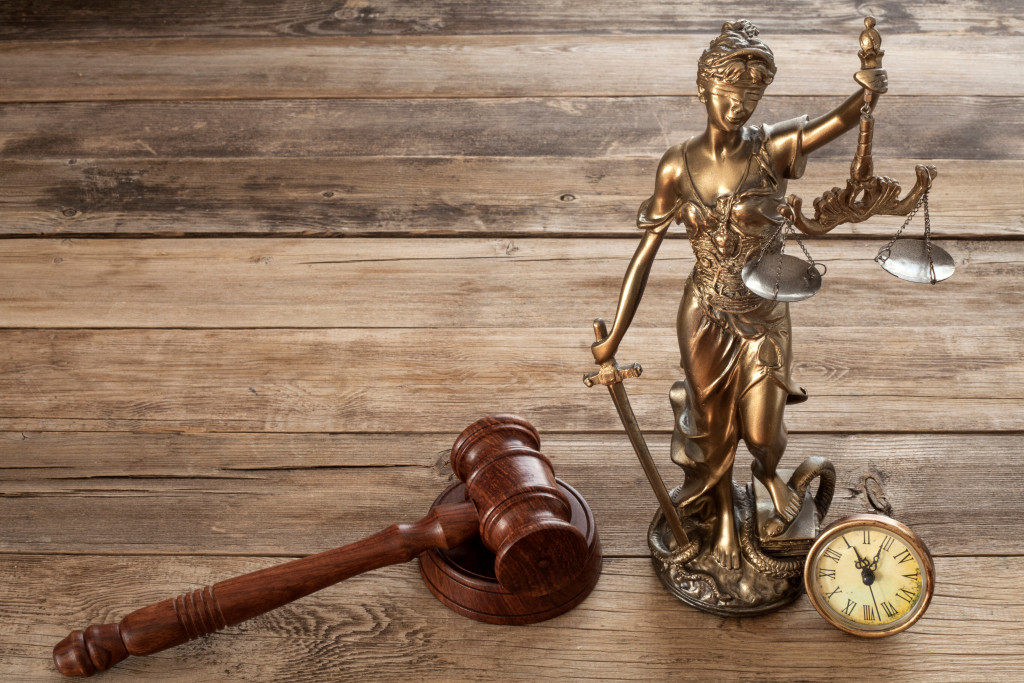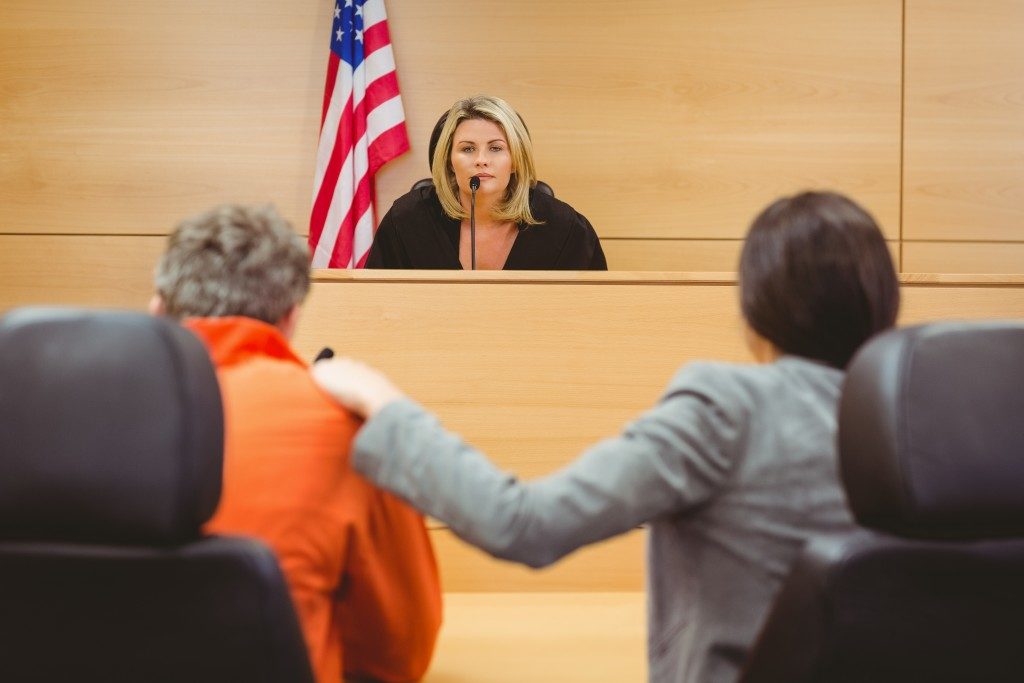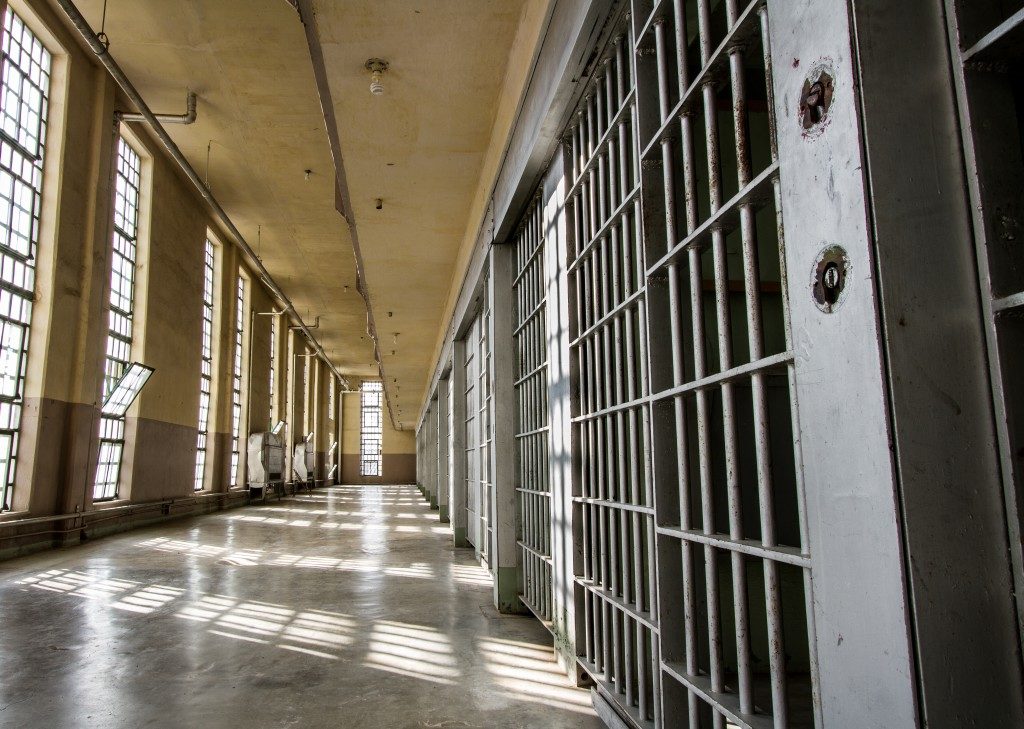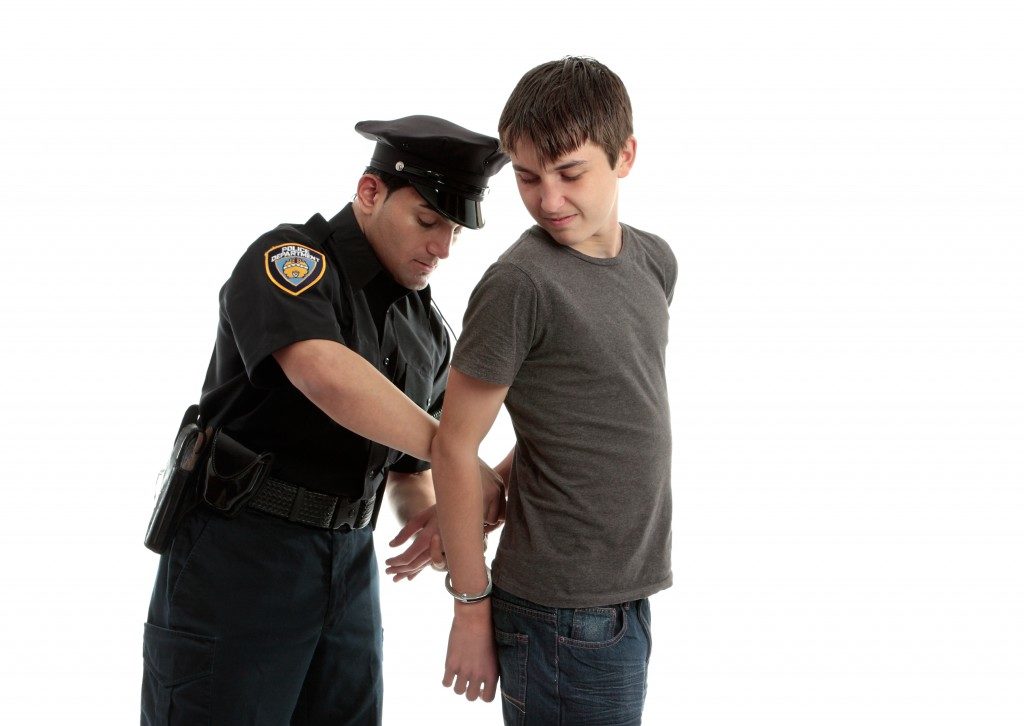- Criminal charges can range from misdemeanors to felonies and can have significant consequences on a person’s life.
- Different types of criminal charges include felonies, misdemeanors, violent crimes, DUIs, and white-collar crimes.
- The criminal justice system is complex and includes stages such as arrest, preliminary hearing, plea bargaining, trial, and sentencing.
- The rights of the accused include the right to remain silent, the right to a fair trial, and the right to legal representation.
- Miranda’s rights provide suspects with legal protections, and the presumption of innocence is a fundamental principle in the justice system.
Criminal charges refer to accusations or charges filed by the government against a person or entity for committing a crime. In the legal system, criminal charges can range from misdemeanors to felonies, depending on the severity of the offense.
Individuals must understand criminal charges, as they can have significant consequences on their personal and professional lives. Being charged with a crime can result in hefty fines, imprisonment, probation, and other legal penalties that can impact a person’s reputation and future opportunities.
Moreover, knowing and understanding the nature of criminal charges and their consequences can help individuals avoid committing crimes, as they will be aware of the possible legal ramifications of their actions. It can also help individuals seek legal representation and protect their rights in case of criminal charges.
With this information, readers should have enough of an understanding of the basics behind criminal allegations to begin preparing their case.
Types of Criminal Charges
When it comes to criminal charges, there are a variety of different types that someone may face. These charges can range in severity from minor misdemeanors to serious felonies with the potential for significant jail time. Some common types of criminal charges include:
Felonies vs. Misdemeanors
When it comes to criminal charges, it’s essential to understand the difference between felonies and misdemeanors. Felonies are serious offenses that often carry a minimum sentence of one year in prison, with some even carrying the possibility of life imprisonment or even the death penalty.
On the other hand, misdemeanors are less serious offenses that are punishable by fines, community service, and/or up to one year in jail. Felonies are typically reserved for murder, rape, and robbery, while misdemeanors include less severe crimes like disorderly conduct, simple assault, and minor drug offenses.
Violent Crimes
Violent crimes are among the most severe offenses anyone can commit. Different types of violent crimes range from assault and battery to murder. These crimes cause harm to individuals and can leave a lasting impact on the victims, their families, and society as a whole. Statistics show that violent crimes have increased in some regions of the world in recent years.
Driving Under the Influence
Driving under the influence is a serious offense when a person operates a vehicle while impaired by alcohol or drugs. This dangerous behavior puts not only the driver but also passengers and other innocent people on the road in jeopardy. Not only is it illegal, but it is also one of the leading causes of car accidents and fatalities.
White Collar Crimes
White-collar crimes refer to non-violent offenses committed by individuals in positions of power or trust involving financial fraud or deception. These crimes are particularly devastating because they can have far-reaching consequences, impacting the victims and the overall economy.
These crimes can take many forms, from insider trading and embezzlement to tax fraud and money laundering. These offenses are particularly insidious because they are often executed by people otherwise trusted and respected by society.
The Criminal Justice System
The criminal justice system is a complex and intricate entity that seeks to deliver justice to all parties involved in a crime. It is divided into different stages that serve specific purposes.
- The first stage is the arrest and booking of the accused, where their personal information and fingerprints are recorded.
- This is followed by the preliminary hearing, in which a judge determines if there is enough evidence to proceed with the trial.
- Plea bargaining is negotiating a guilty plea in exchange for a lesser charge or sentence.
- The trial is a formal legal proceeding where the prosecution and defense present their cases and evidence, and a jury or judge decides.
- Finally, sentencing determines the punishment that the convicted individual will receive.
Understanding the different stages of the criminal justice system is crucial in ensuring that justice is served fairly and impartially.

Rights of the Accused
Regarding criminal proceedings, every citizen is entitled to certain unalienable rights. These are called the rights of the accused and serve as a crucial safeguard against the potential abuse of power by law enforcement and the government.
The specifics of these rights vary from country to country, but they usually include the right to remain silent, a fair trial, and legal representation. These rights act as a shield for defendants, allowing them to fight against false accusations and protect themselves from wrongful convictions.
Right to an Attorney
Having the right to an attorney is crucial to ensure a fair trial when facing criminal charges. A criminal defense attorney can provide legal counsel and representation for various charges, including assault and battery, homicide, or even white-collar crimes like security fraud. Those facing a DUI charge also need a qualified DUI defense attorney to help protect their rights and defend their case.
The experience and knowledge of a skilled attorney can be invaluable in navigating the complex legal system and achieving the best possible outcome for the client. If you face criminal charges, exercise your right to an attorney and seek the best possible legal representation.
Miranda Rights
Miranda rights are crucial to the criminal justice system, providing suspects with certain legal protections during police interrogations. These rights, which include the right to remain silent and the right to an attorney, were established by the Supreme Court in the landmark case of Miranda v. Arizona. It is important to note that these rights must be read to a suspect before any custodial interrogation occurs.
Failure to provide these rights can result in any statements made by the suspect being suppressed in court.
Presumption of Innocence
The presumption of innocence is a fundamental principle in our justice system, ensuring that each individual accused of a crime is considered innocent until proven guilty beyond a reasonable doubt.
This principle protects the rights of the accused and serves as a cornerstone of our democracy, upholding the fundamental values of fairness and justice for all. The burden of proof rests solely on the prosecution, and every individual is entitled to a fair and impartial trial.

Criminal law is a complex and ever-evolving area of law that requires knowledge, professionalism, and skilled legal representation. Whether you are facing serious felony charges or a seemingly minor misdemeanor, it is essential to understand the different types of criminal charges and your rights as an accused individual.
As much as possible, seek out an attorney who understands local statutes and the nuances of criminal law and procedure. Ultimately, it is up to you to take responsibility for understanding your options and defending yourself in litigation processes involving the battle for your rights within criminal law.



